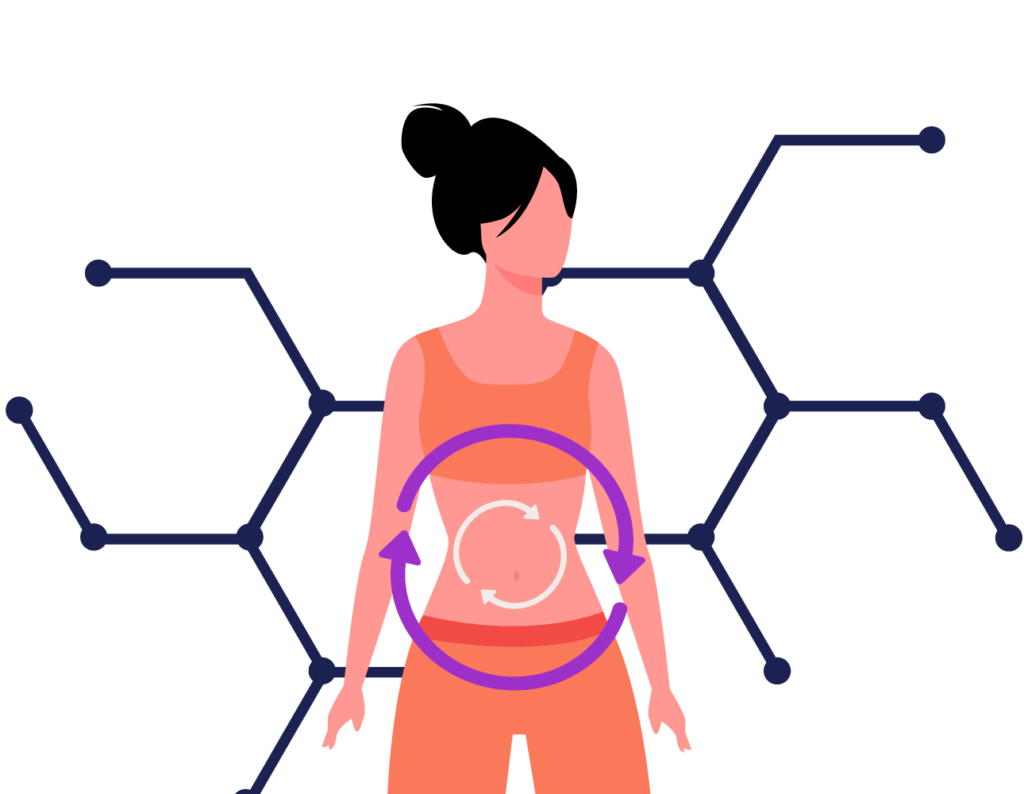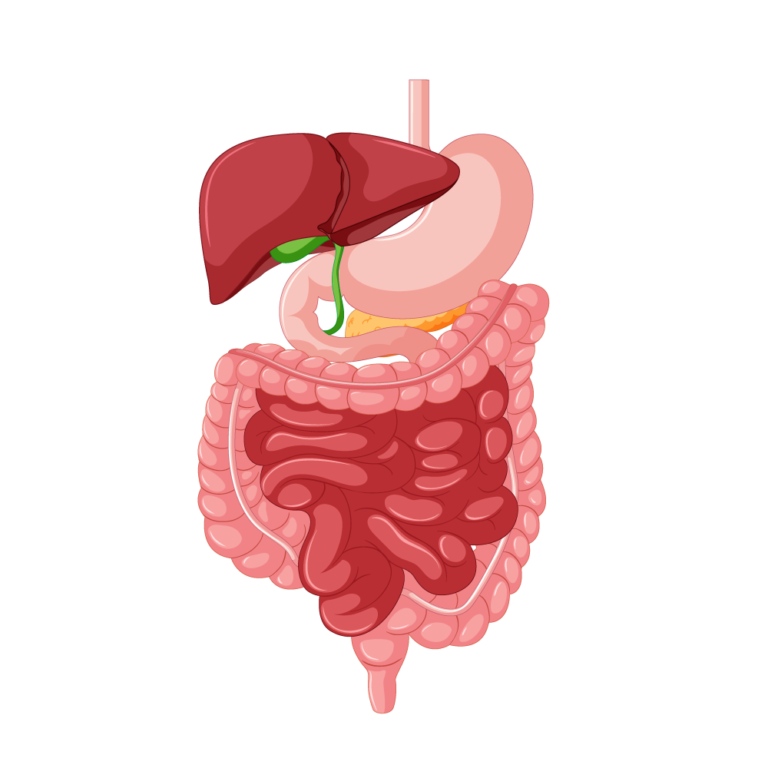
Let’s talk flu, its prevention and home remedies.
Boo-ger season is here! Let’s begin by defining flu (short term for influenza) because it’s usually misunderstood as fever or cold. Flu is a common

You: Why aren’t you eating lunch?
Co-worker: Oh I’m skipping lunch, it’s just this new diet I started. It worked so well for my cousin. She lost 10 kilos! It’s called intermittent fasting.
Sounds familiar? In recent years, we’ve heard chatter about intermittent fasting on social media, our social media circles and health blogs.
What is intermittent fasting? Is it healthy? Will it lead to other health problems? Whether it’s intermittent fasting for weight loss, overall health or lowering your blood sugar, keep reading to find out all the details about intermittent fasting.
Intermittent fasting is an eating pattern that cycles between periods of fasting and eating. It doesn’t necessarily involve omitting certain food types to achieve your weight loss goals but focuses more on when you should eat vs what you should eat (that means you don’t have to say goodbye to cake forever, yay!) AKA, in a typical intermittent fast, you will eat for a certain period of time and you will fast for a certain period of time. During fasting, you eat very little or nothing at all.
Let’s look at some popular intermittent fasting methods:
With this, people generally skip breakfast but maintain their regular eating period for 8 hours. For example, you could only eat between 12 pm – 8 pm. After 8pm, you will be fasting for 16 hours until you can eat next.
2. The 5:2 diet
This dietary plan involves only consuming 500-600 calories during two non-consecutive days of the week. You can eat as you usually do on the other five days.
3. Eat-Stop-Eat (best for advanced/experienced fasters)
Eat-Stop-Eat requires fasting for 24 hours, usually once or twice every week. For instance, you would not eat anything between lunch on one day and lunch the next day.
Please consult with a nutritionist before you begin the above diets.

40 studies found that subjects lost 3-5 kilos over ten weeks after an intermittent fasting period. Another study with 30 participants, including obese individuals, who practised intermittent fasting over 12 weeks achieved a 6.5% reduction in weight. That’s a sweet deal, isn’t it?
Usually, the intermittent fasting period is for 16 or 24 hours daily, twice a week. It is recommended that you start slow if you are a beginner. For example, you can start with the 16/8 method (scroll up for more details). Refer to the FAQs below to find out if intermittent fasting is right for you.
How does it impact your body?
During this fasting process, your body adapts your hormone levels to make stored body fat more usable. In a nutshell, this is what happens:


Intermittent fasting involves hormonal changes to occur. Since hormones play a huge role in fertility and reproduction it is important to be cautious. The hormonal changes that occur during the fast may impact your oestrogen, thyroid and cortisol hormones, resulting in low energy, reduced skin and hair health, etc.
However, intermittent fasting can be practised by women in a healthy manner to avoid hormonal imbalances from happening. As per Flo Living, here are some tips you can follow.
Now, onto some of the most common question everyone has about intermittent fasting
The most important one of the lot: Is intermittent fasting healthy?
As mentioned above, intermittent fasting has a range of health benefits. However, here are some common questions people have related to intermittent fasting plans;
The reduction in food intake may cause constipation, bloating and diarrhoea in some cases. However, a sufficient fibre intake will alleviate this.

Hunger, mood changes and dehydration are some side effects of intermittent fasting. However, carefully sticking to the necessary fasting periods, not exceeding them and ensuring water intake throughout the day will help you successfully practise intermittent fasting.
Please do consult a doctor before practising intermittent fasting if you are
Finally, after prolonged intermittent fasting, if you are experiencing extreme hunger, headaches, fatigue, and faintness, it is recommended to stop this eating pattern.
If you have a particular weight loss goal or any doubts about your diet for your intermittent fasting plan, you can consult dieticians from the comfort of your home via oDoc.

Boo-ger season is here! Let’s begin by defining flu (short term for influenza) because it’s usually misunderstood as fever or cold. Flu is a common

Menopause Brain Fog is real: A Simple Guide with Symptoms and Treatment Women in their 40s and 50s who are just entering the end of

How to Keep Work Stress from Taking Over Your Life In today’s fast-paced and competitive world, work stress has become an all-too-common problem that affects
இப்போது மருத்துவ குறிப்புகளை உடனுக்குடன் உங்கள் இன்பாக்ஸ் இல் பெற்றுக்கொள்ளுங்கள்.